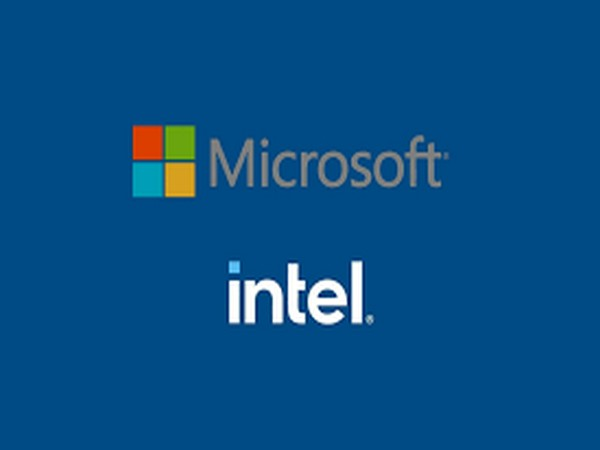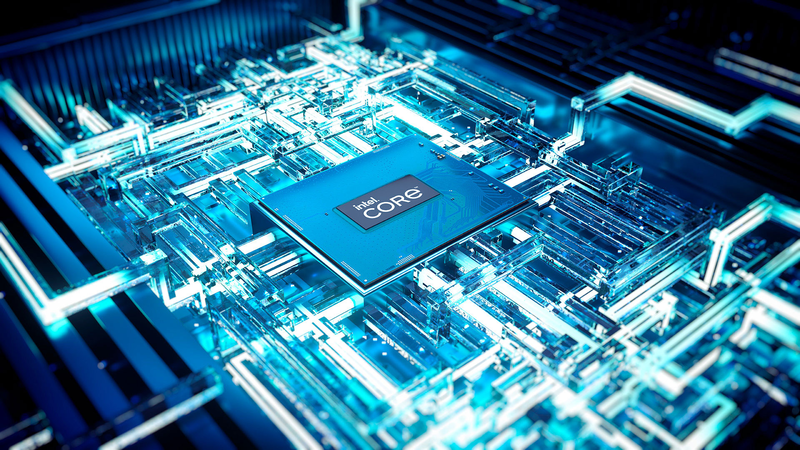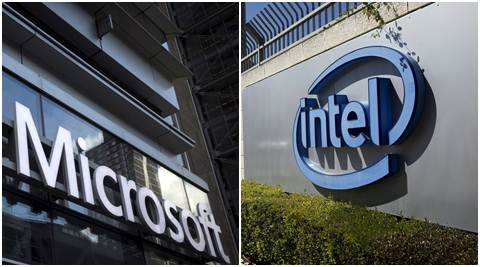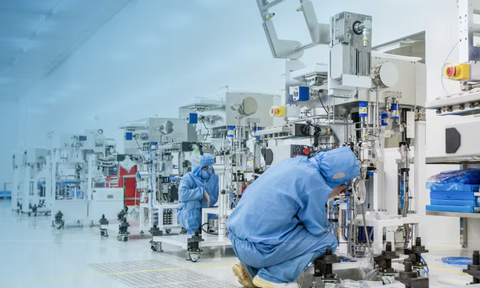What Does What Does Microsoft's Decision to Terminate Support for Intel 8th, 9th, and 10th Gen CPUs in Windows 11 24H2 Mean for Users?
Input
Changed
Microsoft has officially discontinued support for Intel's 8th, 9th, and 10th-generation processors in its forthcoming Windows 11 24H2 update, a decision that has prompted significant debate within the technology community. This modification has predominantly impacted Original Equipment Manufacturers (OEMs) that are responsible for the production of new Windows 11 devices. However, it has also prompted questions and apprehensions among current Windows 11 users who relie on these older CPUs.

OEMs are required to transition to more recent processors.
The updated CPU support list for Windows 11 version 24H2 by Microsoft significantly excludes Intel's 8th, 9th, and 10th-generation processors. This update has a direct impact on hardware manufacturers and indicates Microsoft's preference for newer CPUs in impending devices. In order to guarantee complete compatibility with the 24H2 release, OEMs that are constructing new Windows 11 PCs will now be required to utilize Intel's 11th-generation processors and subsequent models.
The decision is consistent with Intel's transition to legacy support for integrated GPUs in its 7th to 10th-generation CPUs, which is scheduled to occur in December 2024. This strategic move implies a concerted effort to modernize hardware across the industry, which will facilitate enhanced security features, improved system performance, and more seamless integration with next-generation computing technologies.
It is crucial to note that this modification does not affect users who have already installed and are presently operating Windows 11 on an Intel 8th, 9th, or 10th-generation processor. Nevertheless, it does affect new Windows 11 devices.
Microsoft is not discontinuing support for Windows 11 on older Intel CPUs.
Windows 11 will continue to operate on systems that are equipped with 8th, 9th, and 10th-generation Intel CPUs, despite the fact that the updated support list does not include these processors. The revised list was misinterpreted by a significant number of users as an indication that Microsoft was discontinuing support entirely, which resulted in a surge of apprehension regarding the continuation of security upgrades and updates.
Nevertheless, the minimum hardware requirements for Windows 11 have remained unaltered since 2021, as indicated by Microsoft. If a system with an older Intel processor was previously eligible to run Windows 11, it will continue to receive updates from Microsoft, such as security improvements and feature enhancements.
The enhanced documentation is primarily intended to provide OEMs with guidance as they construct new Windows 11 systems. This implies that users who install Windows 11 on older, supported hardware will not experience any service disruptions, despite the fact that new devices must comply with the revised CPU requirements.

Why This Change Is Important: Promoting the Use of Modern Hardware
Microsoft's decision to discontinue support for older Intel processors in new devices is a component of its overarching initiative to modernize computing. Windows 11 has been developed to capitalize on the most recent hardware innovations, such as AI-powered features, enhanced power efficiency, and security protocols that capitalize on the advantages of newly developed CPU architectures.
Microsoft guarantees that new Windows 11 devices are optimized for optimal performance by encouraging OEMs to adopt newer processors. This method is comparable to previous transitions, in which older hardware was ultimately replaced by technology that could accommodate the growing requirements of contemporary computing.
In spite of these advantages, the relocation has also prompted apprehensions regarding the durability of hardware and e-waste. Numerous users contend that compelling manufacturers to discontinue processors that are otherwise functional could result in superfluous hardware replacements, which could exacerbate environmental concerns.
Furthermore, the implications are applicable to businesses and enterprises that depend on older but still functional machinery. The transition to newer hardware necessitates a substantial investment for large organizations with extensive deployments of computers. While Microsoft's decision may expedite upgrade cycles, it also presents financial and logistical challenges for companies that had intended to extend the longevity of their existing hardware.
Comparing the CPU Requirements of Windows 11 to Those of Previous Versions
Microsoft's hardware requirements have become increasingly stringent in comparison to previous versions of Windows. For example, Windows 10 supported a wide variety of processors and provided users with greater flexibility when upgrading from older systems. However, Microsoft established specific CPU compatibility standards with Windows 11, which have since been further tightened by the 24H2 update.
Security is a significant factor contributing to these limitations. Modern processors are equipped with advanced security features, including hardware-enforced stack protection and virtualization-based security (VBS), which are essential for safeguarding users from the increasing number of cyber threats. Microsoft's objective is to establish a more stringent security standard for all Windows 11 PCs by gradually eliminating obsolete processors from new devices.
Nevertheless, some critics contend that software optimizations could enable older processors to operate Windows 11 proficiently without the need for mandatory hardware upgrades. This debate is indicative of a more general industry trend in which software companies advocate for hardware upgrades, occasionally at the expense of users who prefer extended device lifespans.
What is the next step? Looking Forward to Windows 12
There is a growing amount of speculation regarding the features that Windows 12 will introduce as Microsoft continues to enhance Windows 11 and prepare for its successor. Despite the fact that the organization has not yet issued an official statement, industry speculations and leaks indicate that Windows 12 will prioritize AI-driven improvements and a modular system design.
Deeper AI integration is one of the most highly anticipated features of the forthcoming Windows 12 release, as it enables real-time system optimizations and intelligent task automation. Microsoft has already been experimenting with AI-driven features in Windows 11, such as Copilot, and it is anticipated that Windows 12 will further develop these capabilities.
A modular approach may also be in the works, which would allow for a more customizable and streamlined operating system. This modification has the potential to enhance overall performance and reduce system resource consumption by enabling users to install only the features they require.
It is widely anticipated that Windows 12 will be released around the same time as Windows 10, which will eventually cease to be supported in October 2025. This would provide users with a clear upgrade path.
An additional rumored feature of Windows 12 is an increased emphasis on hybrid workflows and cloud computing. Microsoft may incorporate additional cloud-native features to improve cross-device functionality and collaboration as remote work and cloud-based applications continue to expand.

A Premature Transition or a Necessary Change?
Microsoft's decision to discontinue support for Intel's 8th, 9th, and 10th-generation CPUs in new Windows 11 devices has sparked discussions regarding the rate of technological advancement and deliberate obsolescence. The updated support list indicates a distinct transition to newer hardware, despite the fact that existing users who are running Windows 11 on these CPUs are unaffected.
The modification necessitates OEMs to modify their manufacturing processes and guarantee that new devices are furnished with contemporary processors. This action emphasizes the significance of purchasing hardware that is compatible with future Windows updates, particularly for consumers who are contemplating an upgrade.
It is clear that Microsoft is establishing the foundation for a more sophisticated operating system that fully capitalizes on the capabilities of modern computing as Windows 12 rumors continue to gain momentum. It is uncertain whether this strategy is advantageous for all users; however, Microsoft is progressing, necessitating that the technology sector adjust consequently.
The demands on hardware are evolving in tandem with the advancement of technology. The phasing out of older CPUs may frustrate some users; however, Microsoft's emphasis on AI-driven computation, modern security, and performance suggests a clear path for the future of Windows. Microsoft's ability to strike a balance between innovation, user accessibility, and hardware longevity will ultimately determine whether the advantages outweigh the disadvantages.





















